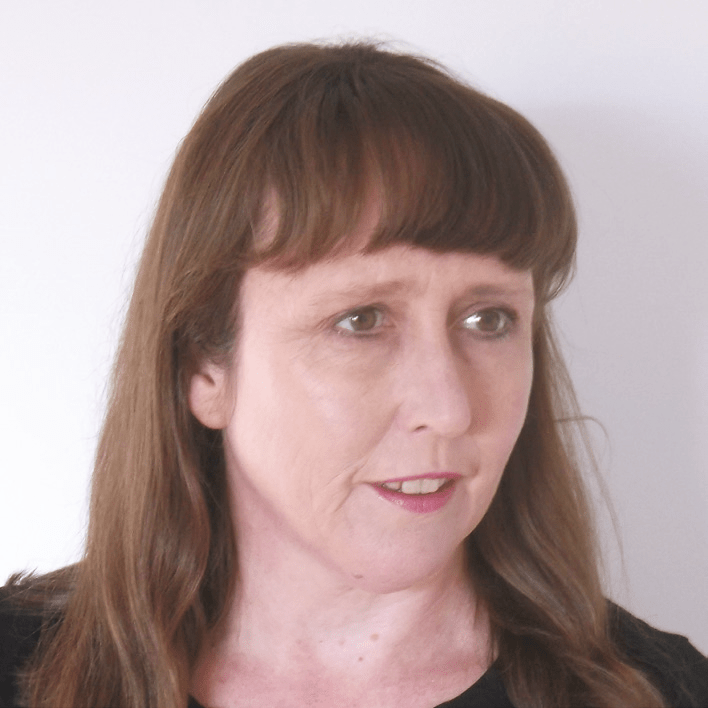“We Must Show Ourselves To Be Fearless In The Face Of Failure.”

The high-stakes culture of teaching makes experimenting difficult – but children᾿s learning will thrive if we can show them we᾿re fearless of failure, says Sue Cowley…

- by Sue Cowley

I’ve never been much of a linguist. I studied French for five years at school, and I have an O Level in the subject, but I can’t speak the language very well at all.
I once went into a French supermarket and asked for milk (‘Un peu du lait‘) and got directed to the garlic (‘Un peu d’ail’). I then asked for some mayonnaise, and much to my confusion, was given sausages. However, the important thing was not that I made mistakes with my pronunciation; it was that I tried to speak the language in the first place, despite my fear of doing so. I think it’s fair to say the British are fairly poor at being willing to try other languages. And at the heart of this attitude, I think, is a fear of the embarrassment that comes with getting it wrong.
Effort, hard work and focus
Carol Dweck’s work on growth mindset tells us that it is essential to be willing to make mistakes, and to see those mistakes as a way of improving – rather than as a symptom of our own inadequacies.
If we find something difficult, it is important not to give up because we think we᾿re not cut out to be good at it (‘I just can’t do maths‘). Instead, we need to have another go in the belief that with effort, hard work and focus, we can all improve at everything. In order to learn, we must welcome mistakes, embrace failures, and celebrate errors, because they are a crucial part of learning.
This is an attitude we need to model for our children. They must see us, up at the front of the classroom, coping with our mistakes. We must show ourselves to be fearless in the face of failure. When I was a newly qualified teacher, my mentor advised me that I should take risks and make plenty of mistakes in my first year of teaching, because this was a time when no one would give me grief for experimenting. I embraced his advice wholeheartedly, honing my teaching style through a process of trial and error (with the emphasis on the ‘error’).
The Elmer Maths Treasure Hunt was a triumph; the full scale recreation of We’re Going on a Bear Hunt, less so. I was still trying to get the mud stains out of my carpet a month later.
But along the way, I learned why it’s important to think about what might go wrong with a lesson before you teach it. And I learned that small children very easily get over excited if you offer them the chance to make an almighty mess.
Costly mistakes
The irony of all this is that at the moment, teachers and schools are being encouraged to fear failure, rather than embrace it. We hear how headteachers will be sacked if their children don’t reach the expected level in their tests. We are told that if we don’t achieve a particular outcome with our classes, we are going to be judged as inadequate.
We are encouraged to do things because we think ‘Ofsted will want them’, rather than because we think they might be best for our children. In this kind of climate, creative risk-taking is doomed. No one is willing to experiment or make mistakes, if those mistakes might lead to them losing their job. It’s great to see languages being taught in primary schools, because when we are small we don’t have the same fear of embarrassment and of making a fool of ourselves. Small children pick up the rudiments of a new language easily, if we make it clear to them that it’s okay to take a chance on getting it wrong.
As for me, these days I᾿ve pretty much conquered my fear of speaking other languages. I’m still not the world’s greatest linguist, but I have got past my initial embarrassment at not being very good at them (yet).
And those sausages that sounded a lot like me trying to say ‘mayonnaise’ with a French accent? Well, I decided to buy them anyway, on the basis that I should embrace my errors. And so it was that we ended up feasting on some delicious African sausages that night – known as ‘Merguez᾿.
Sue Cowley is a teacher, author and presenter; her forthcoming book, The Artful Educator, is due to be published by Crown House in early 2017. For more information, visit www.suecowley.co.uk or follow @Sue_Cowley











